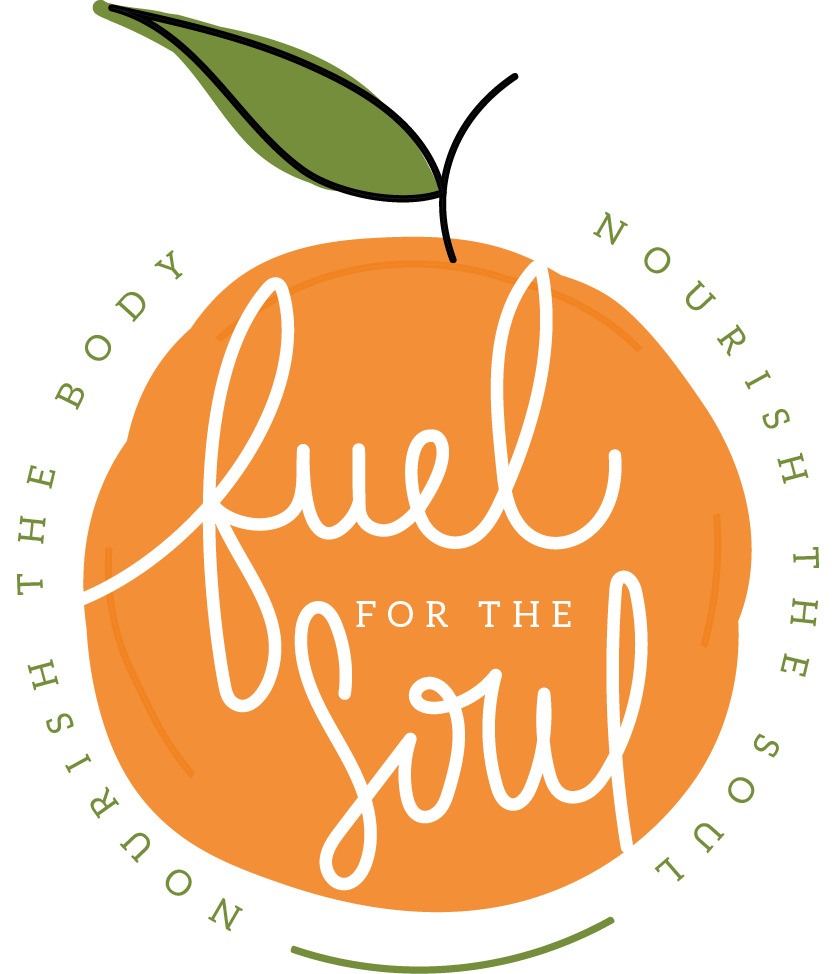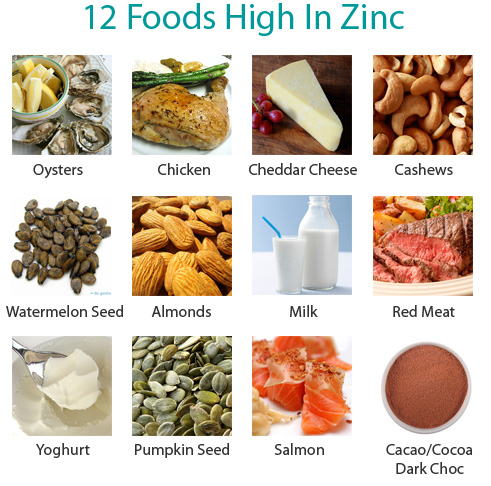When you hear about Zinc regarding your health, you probably only think of it as one of the many effective natural cold remedies and only necessary once in a great while to help you fight the common cold. Zinc, however, is required for the functions of over 300 enzymes and is needed in small amounts every day in order to maintain health. Zinc is involved in many important processes in your body and has significant therapeutic benefits for several common, chronic diseases (like fighting cancer or reversing heart disease). Read on to learn more about the health benefits and natural food sources of this powerful nutrient!
This week’s Nutrients by the Alphabet: Zinc
That’s right, in this new series – Nutrients by the Alphabet – you will learn all about important nutrients (vitamins, minerals, and antioxidants), their health benefits, and easy and delicious ways to get more of the good stuff with a fun recipe to try each week (courtesy of my awesome student-intern from Brooks DeBartolo Collegiate High School – Shelby Persechino)!
So, what are the health benefits of Zinc?
Zinc increases immunity and fights colds by interfering with the molecular process that causes mucus and bacteria to build within the nasal passages. When taken for at least five months, zinc may reduce your risk of becoming sick with the common cold, plus supplementing once you already feel sick can speed up the healing process. Zinc also acts a powerful anti-inflammatory antioxidant that may help fight cancer by fighting oxidative stress and decreasing the chance for disease development. Zinc benefits include its ability to support healthy cell division, preventing cancerous cell mutation and stunting tumor growth. Zinc also balances hormones by having a role in hormone production and increasing testosterone naturally. For women, Zinc is needed to produce estrogen and progesterone, which both support reproductive health. Zinc fights diabetes by binding to insulin so insulin is adequately stored in the pancreas and released when glucose enters the bloodstream. Zinc benefits heart health by supporting healthy circulation, reducing high blood pressure, and reducing cholesterol levels from clogged and damaged arteries. Zinc also supports liver health by reducing inflammation in the liver, reducing free radical damage, helping with nutrient absorption, and allowing for proper waste elimination. Zinc aids in nutrient absorption and digestion by affecting protein synthesis, required by the body to use amino acids from foods, and is involved in the breakdown of carbohydrates from foods. Finally, Zinc helps with muscle growth and repair by playing a crucial role in cell division and cell growth by allowing the body to heal itself and maintain strength in the muscular and skeletal systems. Wow, now that is an amazing list of health benefits for one little nutrient!
So, how much Zinc do you need and where can you find it?
The RDA of Zinc for males age 14 and over need 11mg per day while females age 19 and over need 8mg per day. You can find Zinc in lamb, grass-fed beef, chickpeas, cashews, pumpkin seeds, yogurt, chicken, turkey, eggs, mushrooms, salmon, and cocoa powder.
Looking for a healthy, tasty recipe to increase your Zinc intake? Try this Baked Italian Chicken recipe from Dr. Axe.
Now that looks like a delicious and nutritious dinner for tonight!
Well, friends... that's the end of the Nutrients by the Alphabet series! We made if from A to Z and I hope you learned a lot along the way! Please comment below if you'd like me to cover another nutrient that I did not cover yet!
And a HUGE "thank you" to my amazing high school intern, Shelby! This is her last week with me and I will miss her! She has been a big help this year and I wish her the best!


